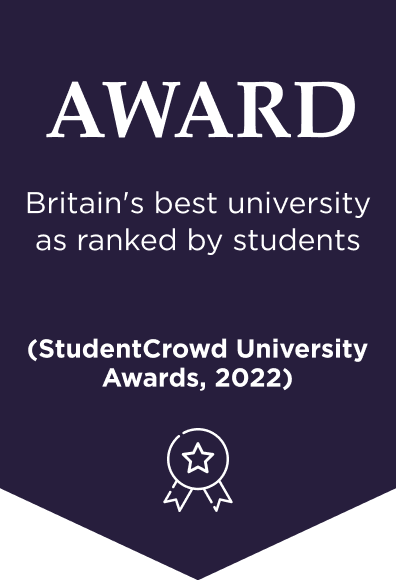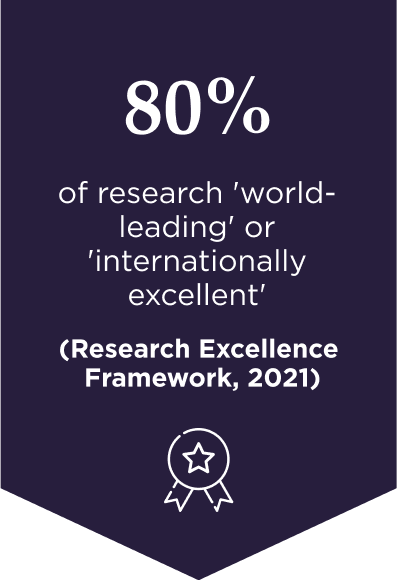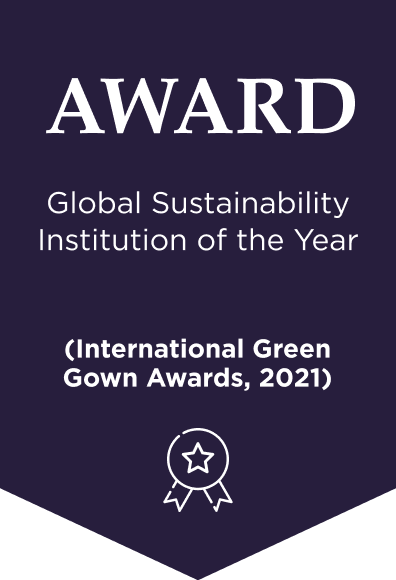Ethical challenges in computer science
Posted on: April 3, 2024by Ben Nancholas

The use of information technology and computer systems has cast a spotlight on a number of environmental, cultural, legal, and ethical dilemmas – many of which impact our daily lives, whether we’re aware of it or not.
Public opinion on whether computer technology – including artificial intelligence (AI), machine learning (ML) and algorithms – can be trusted is split. One study from BTS, the Chartered Institute for IT, found that 53% of UK adults ‘do not trust computers to make decisions about any aspect of their lives’, from welfare decisions to educational matters. However, another study, shared by Oracle, suggests that people often place more faith in technology to make judgements about certain things. For example, 73% of business leaders trust robots more than humans to manage finances.
Our increasing reliance on, and integration with, tech will no doubt bring ethical concerns to the forefront of wider discourse. How do computer scientists and technologists navigate ethical challenges and questions? What ethical considerations and moral quandaries does it pay to be aware of, both now and into the future?
Why is ethics important in computer science?
Ensuring ethics is fully integrated into the field of computer science – from education to real-world practice – serves to develop tech that benefits humanity while minimising harm. The absence of ethics and ethical standards can, quite simply, have the reverse effect.
Technology can have a monumental impact – whether positive or negative – on individuals, communities, and wider global populations. Ethics forces computer scientists to think beyond the systems they could build, to whether they should build them and, if so, how they should be designed and used. Ethical issues can arise in multiple contexts: new technology that widens the digital divide or results in job displacement; ML techniques that perpetuate biases in decision-making; social media platforms that facilitate the dissemination of false or harmful content; software that changes our behaviour and the ways in which we interact with tech.
When it comes to technological advancements and practices, any inappropriate or unethical treatment of individuals or communities falls under intense scrutiny. As such, tech giants and other businesses– from Microsoft to OpenAI – continually strive for integrity in their practices, from ethical decision-making to day-to-day operations. Failure to do so could result in business failure – as well as other far more serious issues.
What are some of the ethical issues in computer science and technology?
How are we collecting and using data? Are tech experts doing all they can to safeguard personal freedoms and human rights? Do we fully understand the capabilities of the tech we are putting out into the world?
From a lack of responsibility and oversight, to questions about intellectual property rights, to emerging issues posed by quantum computing and nanotechnology, there are a host of ethical implications and ethical problems posed by computer science, automation, and technology.
Some examples include:
Use of artificial intelligence
AI automation has led many to harbour concerns about large-scale job elimination, algorithmic biases and facial recognition software can lead to discrimination, inequities, and even restrictions on personal freedoms, and questions have been raised regarding the ethical implications of tracking individuals’ health statuses (such as during the COVID-19 pandemic).
Negative environmental impact
From the computer manufacturing process to the implications of cloud computing and giant server farms to growing concerns about electronic waste, computing’s physical and digital footprints can have a profound impact on the natural world and its long-term sustainability.
Misuse of personal and sensitive data
On one hand, there is the pressing issue of vulnerabilities and rising cybercrime, including the increasing sophistication of hackers and the methods they use to prey on users and the devastating consequences that identity theft and infrastructure breaches often cause. On the other, there is the very real issue of privacy and data protection, and exactly how businesses are using our personal data. While data is key to personalised experiences, convenience, and customer satisfaction, often our online interactions are affecting our right to privacy – particularly in the context of businesses selling data, or not being transparent about what they do with the data they collect.
‘Deep fakes’ and misinformation
Misinformation can have devastating, and wide-reaching, effects on political and economic environments – on a global scale. The lack of robust verification, validation and fact-checking processes, together with sophisticated deep fake technology, allows inaccuracies to spread and can have dangerous consequences for identity misuse and invasion of privacy.
Use of autonomous technology
Pizzas delivered by drone, robots behind the frontline, vehicles that drive themselves, there’s no denying that autonomous tech is on the rise – bringing with it countless opportunities for businesses and industries of all types. However, there are ethical questions to be asked regarding how remotely programmed machines can reliably function in the world with reduced oversight, and the level of autonomy with which they can make decisions and fulfil responsibilities.
Meaningfully addressing these issues – among others – demands collaboration between stakeholders, from computer scientists and policymakers to industry leaders and individuals themselves.
What are examples of best practices in computer ethics?
There are several ways in which IT and computing experts can respect fundamental ethical principles – and protect individual and collective wellbeing – while also designing, developing, and maintaining new technologies. Regulations, governance, frameworks, and guidelines are required in order to make this a reality.
Computing professionals and tech firms can adhere to ethical best practices by:
- being accountable – including taking full ownership and responsibility for any ethical implications, and proactively addressing and mitigating any negative impacts.
- respecting privacy – including implementing robust data protection measures and codes of conduct to limit unauthorised access and breaches, upholding data anonymity, and ensuring users are consenting to data collection.
- investing in continuous learning and development – including engaging with emerging ethical issues related to the use of computers and aligning with evolving best practices in the sector.
- acting fairly and equitably – including designing AI systems and algorithms that minimise discrimination and biases, and assessing biases in data sets and systems on an ongoing basis.
- promoting honesty and transparency – including sharing details of how data is used, how algorithms work, the purposes of software and systems, and what the short-term and long-term impacts of tech might be on people and society.
Champion ethical use of new technologies and protect businesses and users
Are you ready to join the next generation of computer professionals – and leave the world a better place than you found it?
If so, Keele University’s highly flexible, 100% online MSc Computer Science programme – designed for individuals both with and without computing backgrounds – is the ideal choice for you.
You’ll gain the skills, experience, and tools to excel in future computer science roles, developing an in-depth understanding of a wide range of IT fundamentals that enable you to design, build, deploy, evaluate, and maintain systems and applications of all types. Your online studies will span software development, cybersecurity, user interaction design, advanced programming, data analytics, and much more.



